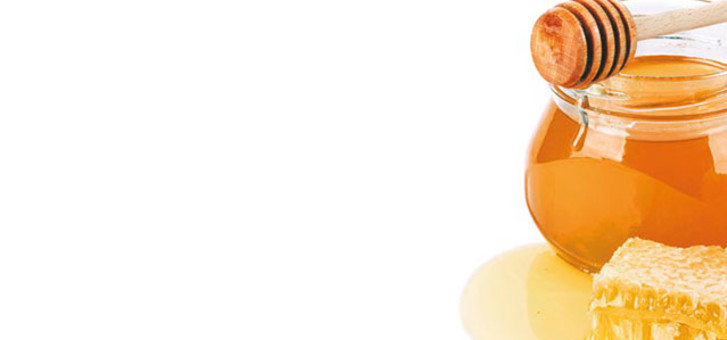High intakes of sugar in the diet are linked to conditions ranging from tooth decay to diabetes. This being the case, what else can you use? If you aren’t a fan of artificial sweeteners, try the following three alternatives, which provide some phytonutrients and have a lower glycemic index (GI) compared to table sugar. Or, just use sugar in very small amounts.
Honey
An ancient sweetener with newly discovered medicinal properties, honey is a top choice. Certain types—think manuka and jelly bush—contain high levels of phytonutrients and aid in the treatment of non-healing diabetic ulcers. While the GI of blended honey is moderate (50–65, which is similar to sugar), some Australian pure native floral honeys, such as yellow box, red gum and iron bark, are low GI. The downside? Honey is usually not consumed by vegans.
Pure maple syrup
Produced by boiling the sap of sugar maple trees to concentrate it into a viscous, amber-coloured syrup with a unique sweet taste, pure maple syrup is a source of minerals such as manganese, zinc, iron and calcium. It also contains vitamins and phenolic compounds, which have antioxidant benefits. Like all syrup sweeteners, it provides fewer kilojoules than sugar per 100 grams and it has a low GI of 54. Just don’t confuse it with the cheaper maple-flavoured syrup.
Raw agave syrup
Used by the Aztecs in Central America to treat wounds because of its antibacterial properties, agave syrup (or nectar) is produced from the sap of the Mexican cactus. It has a particularly low GI of 15 (it’s predominantly fructose) and it contains saponins and fructans with anti-inflammatory and prebiotic qualities. While popular among raw food enthusiasts, it can be pricey!
Other sweeteners
You can also use fresh medjool dates for their texture and antioxidant-rich sweetness. But avoid highly processed sweeteners such as brown rice syrup, because they have a higher GI (98) than sugar (65), which defeats the purpose!






